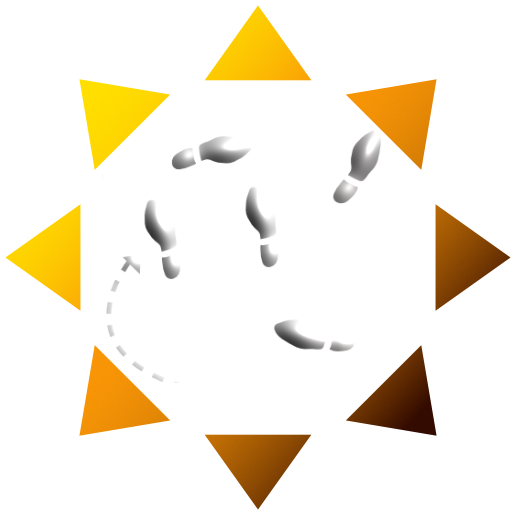
Focusing on music-related environments such, as parties, clubbing, converts & festivals
Attending these kinds of environments can be fast-moving but also can be a stimulating experience. If the environment is positive, a person with Invisible Disabilities, neurodivergent and those experences anxiety can find these environments can be a positive energy of they can express themselves in dance and if they have a positive sense of belonging. However, some people can be judged negatively when dancing, socialising and attempting to have a good time.
This can mean can be challenging for some people with differences for several reasons. Because some people drink alcohol can make it easier for some people can be wrongly singled out with bullying, physical controlling abuse, physical pranks and assault. Some people disapprove of how a person with difficulties are dancing especially if their dancing approach can be wrongly interpreted as a nuisance. Some would even make an exaggerated mockery of how they do not dance as a way of embarrassing and shaming a person with hidden differences when dancing.
The above examples can lead to a person with specific difficulties can face large amounts of social rejection and disapproval of their presence which can make them an easy target of bullying and physical assault.

Open mind
If you notice someone dancing with different abilities, look beyond their difficulties and avoid drawing attention to how they appear or look
Think twice before you automatically reject or sideline a person just because they live with specific difficulties.
As mentioned already these dancing environments can be challenging. Because of this, a person with hidden differences may struggle or become stressed and anxious. Because it is not their boat when this occurs we need to discourage perceptive labels as creepy and toxic. Also, avoid making negative qualities or negative assumptions such as a leech or a jitter. Instead, be supportive if you can.
If a person approaches you socialising who has differing abilities, avoid making an automatic rejection instead get to know and show interest in what they are sharing.
In any kind of dancing environment not everyone is quick-witted so please avoid making a toxic judgement.

Monitor
Some people with differences may not have many friends at some attending these events alone for stop regardless of how they Dance attract unwanted attention such as bullying abuse and hatred.
If you notice a person who has differing abilities abuse, bullying or hatred check offer to help and check their OK. Necessary report to staff or officials on their behalf including the venue staff or security. The more people report this matter, the more likely some action will be taken very quickly. Also, this will reduce the long-term whisk of the offender making further trouble against a person with differences being wrongly mistreated.

Discourage
Do not use a person's difficulties to physically or intimidate them or to set them up with a disruptive prank. This includes do not physically push & knocking them. Also, do not offend their presence by throwing drinks on their clothing or pouring drinks onto their shoes.
Their presence no matter how unusual how they Dance
Never use their presence to shame or embarrass them. This includes not walking or ridiculing them.

Factors to Note
Speech can affect some people with specific difficulties in loud music backgrounds. It can also affect socialising including meeting new people.
Many people tend to sing the lyrics of a particular song. Some people who have memory-related difficulties and struggle with memorising song lyrics can be quickly categorised as boring for not being able to appear as lively as someone who memorises lyrics to sing out aloud.
If you have an open mind socialising with a person with specific difficulties, especially if they are very considerate could support you or help you out when they needed.
Having specific areas to chill and escape from the crowds and atmosphere can help some people with differences maintain their presence for longer with less compromising risks
On some occasions, some people with disabilities and difficulties can be a target of bullying & physical abuse unless they have a strong supportive surrounding.

Summary
Dancing is for everyone including disabilities and difficulties.
Nobody should use a person's difficulties to damage their sense of presence and belonging
A person with invisible difficulties, neurodivergent and those experenced anxiety should be able to express themselves when dancing. Ignorance and prejudice can disrupt their passionate dancer with hidden differences
Patience and being supportive can not only bring the best out of them but also bring out the best of you.

Tips & guidance
See a person beyond their difficulties
Do not physically disrupt or abuse a person with specific difficulties when they are dancing
Never use a person's difficulties to trivialise or shame their existence. This includes not mocking or ridicule based on how you perceive them.
If you witness a person with are disrupted from dancing due to their difficulties including bullying physical assault or provocative pranks support and should report to security and members of staff on their behalf.
Never use jealousy, resentment and irony to physically abuse a person with specific difficulties when dancing.

Discover more

Visit the special Embace Dancing feature, developed by the project director with specialised projects and other developments all year round
Developed with Plus Value Awareness and Focused projects by Keith Mckenzie
Inclusive to Dance is a special version of the Inclusive Differences project. Focusing on Integration and inclusion for hidden differences in society.
Find out more by visiting the main page of the Inclusive Differences project




